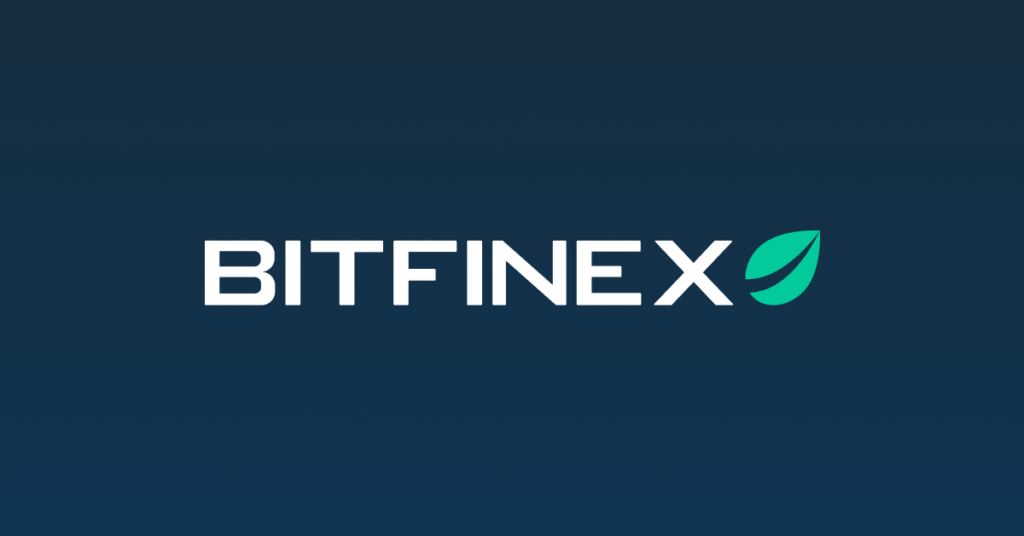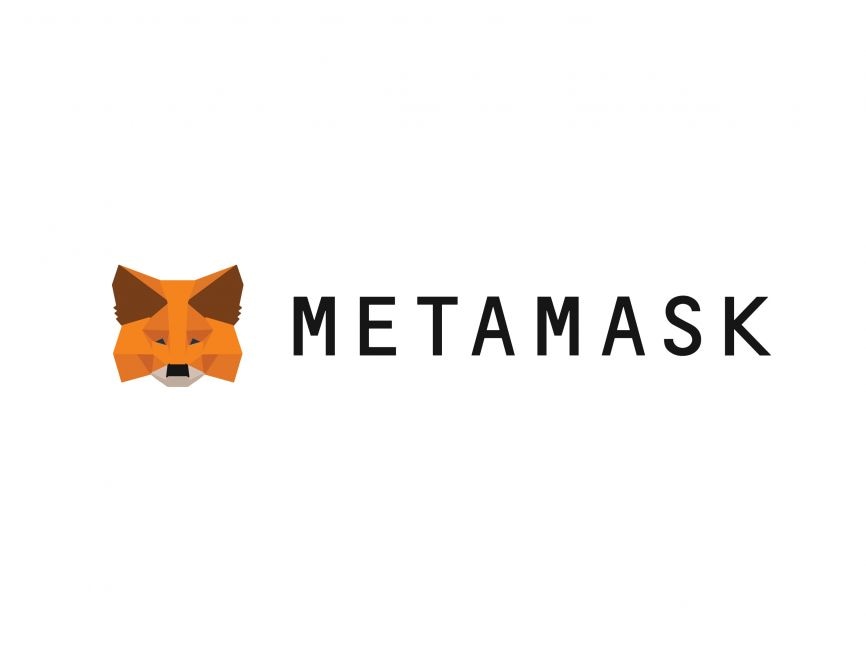Hidden Road, a prime brokerage backed by Citadel Securities, is expanding institutional exposure to digital assets through a new partnership with Bitfinex.
On June 13, Bitfinex announced its integration with Hidden Road, which will enhance the brokerage’s institutional offerings by providing access to new digital assets and security tools.
This partnership enables Bitfinex to support Hidden Road in expanding services such as derivatives trading, spot trading, peer-to-peer financing, over-the-counter (OTC) trading, margin trading, and more.
Bitfinex is a cryptocurrency exchange operated by iFinex, the company behind Tether, the world’s largest stablecoin. Paolo Ardoino, Tether’s CEO, also serves as the CTO at Bitfinex.
“We at Bitfinex are proud to offer customers cutting-edge trading features, deep liquidity, and a wide range of trading pairs, all supported by a robust infrastructure fortified with stringent security measures,” said Bill Brindise, Bitfinex’s head of business development.
“I am certain that Hidden Road’s customers will enjoy exploring the different products we provide to help institutional and professional investors gain exposure to digital assets,” he added.
This collaboration comes shortly after Hidden Road halted crypto services facilitated by the Bybit exchange in late May.
READ MORE: Pepe Surges 17.85% with Strong Bullish Indicators Pointing to a Potential 50% Rally by June’s End
Reports indicate that this suspension was due to conflicts in Know Your Customer (KYC) verification procedures and Anti-Money Laundering (AML) processes between Hidden Road and Bybit.
Based in Dubai, Bybit is known in the crypto community for its relatively lenient KYC policies.
In early May, Bybit implemented mandatory KYC for users, affecting those wishing to withdraw more than 20,000 USDT per day.
Founded in 2018, Hidden Road offers prime brokerage across asset classes, including foreign exchange, precious metals, and crypto.
In April 2024, the company planned to raise $120 million, aiming for a $1 billion valuation.
“Hidden Road is committed to providing our clients with modern technology and streamlined workflows for a seamless experience across products and asset classes on our platform, including digital assets,” said Michael Higgins, Hidden Road’s global head of business development.
“Integrating with Bitfinex underscores our efforts to enhance access and choice, and we are happy to offer our counterparties access to this preeminent venue.”
Cointelegraph sought a comment from Hidden Road regarding the collaboration but did not receive a response by publication.
To submit a crypto press release (PR), send an email to sales@cryptointelligence.co.uk.









